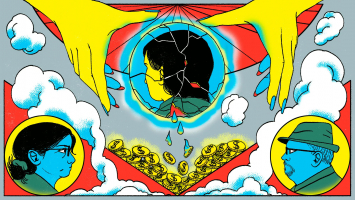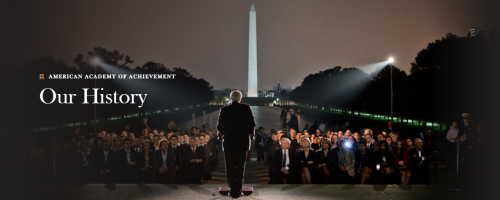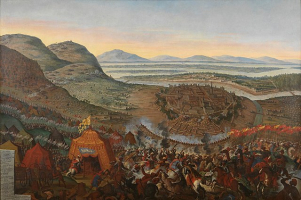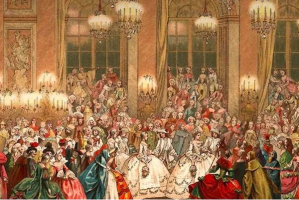Top 10 Times When Fear Changed People's Life
One of the strongest motivators in the world is fear. It can lead to illogical behavior and generate distrust and paranoia in people. Additionally, it ... read more...occasionally produces very strange and unexpected results that reverberate throughout history. All because someone was worried about what might occur if they allowed events to unfold in a particular way.
-
Baby Hitler has been one of the most well-liked thought experiments of the previous century. Would you murder Adolf Hitler as a child if you could go back in time? This was mentioned in Deadpool as well. People debate the subject from both sides. But that is only a theory. What about the times when we had the chance to murder Hitler? Why did that never occur? Because no one ever came up with the notion, it wasn't. A plan existed, but it was abandoned out of fear.
Operation Foxley was one of the schemes floated during the war to eliminate Hitler. Winston Churchill supported it, and even though the logistics were challenging to figure out, the proposal appeared to be rather straightforward on paper. A sniper would be dispatched to the Bavarian Alps, where Hitler used to retreat to when things became too much. He was known to go for daily walks, so the sniper would only target him while he was walking.
Out of concern for what would occur next, the plan was never carried out. Hitler was thought by the Allies to be a very poor strategist, and that many of their victories were due to his poor leadership of his own army. They worried that Hitler's demise would allow for the election of a more capable leader, which would swing the war's momentum against the Allies.
https://fineartamerica.com 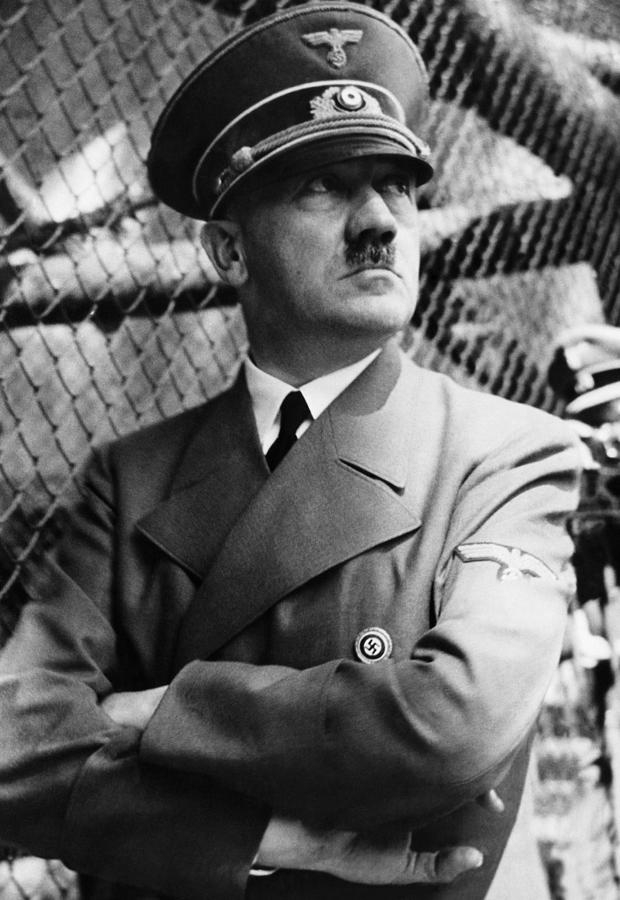
https://fineartamerica.com -
While seasoning the steak you're ready to grill in the kitchen, you suddenly get a snoot full of pepper and sneeze viciously. Your friend says "bless you" from the other room, and the rest of your day goes on as usual. Your friend might have just saved your soul from the Devil, whether you know it or not.
It has been customary since ancient times to say "bless you" or "God bless you" after sneezing. Even the Greeks and Romans practiced it. Long ago, it was thought that sneezing might cause your soul to leave your body, leaving you a lifeless corpse of an abomination.
There was a worry that when you sneezed, Satan would take advantage of the opportunity to get into you and set up residence. Therefore, blessing someone was a way to avoid being subject to such a stygian migration. The anxiety of becoming possessed and soulless vanished after being blessed.

https://www.rd.com/ 
https://gobluegreen.com/ -
Do you recall the War on Drugs? Does it still exist? Maybe. But there was a time when the introduction of crack into the main American cities' streets was still a big deal because it appeared to have pandemic proportions. But for a rather surprising reason, Chicago was slower to submit than other cities.
Despite the fact that drug sellers eventually spread throughout the city, it was thought that Chicago was able to hold the drug at bay for a while due to the influence of powerful drug lords and cartels. For fear of losing out on sales, the gangs that dealt in powder cocaine and heroin refused to let crack spread. Smaller dealers were thought to constitute a danger to their overall dominance of the city's drug trade. In fact, it was thought that 90% of the crack in the city was manufactured at homes and not intended for sale around the city.

https://www.pinterest.com 
http://conservativedailypost.com -
Have you ever wondered how quickly a motorcycle was moving after hearing it tear down the road with its engine roaring? The current estimate is 186 miles per hour, even less. But it wasn't always like that. Motorcycle manufacturers once engaged in a speed competition, and it wasn't until they became concerned about the consequences if it went unchecked that the big firms agreed to limit the top speed of all production bikes to 186 mph.
Kawasaki's Ninja ZX-11 had a top speed of 175 miles per hour in the 1990s. The bike was the swiftest in the world. Before Honda introduced the 179 mph Super Blackbird. The 193 mph Hayabusa from Suzuki entered the fray. Then Kawasaki made a second appearance with the reported 200 mph ZX-12R. People started to worry even before the bike existed. They worried that if businesses kept outpacing each other, the extraordinary speeds would cause death and mayhem. As a result, the "Gentleman's Agreement" came into being.
Though not all sides acknowledge it, rumors have it that BMW, Honda, Kawasaki, and Suzuki all came to an agreement to cap the top speed of their motorcycles at 300 km/h (186 mph). Since then, a number of European manufacturers have disregarded this rule, but Japanese manufacturers continue to limit their street motorcycles at 186.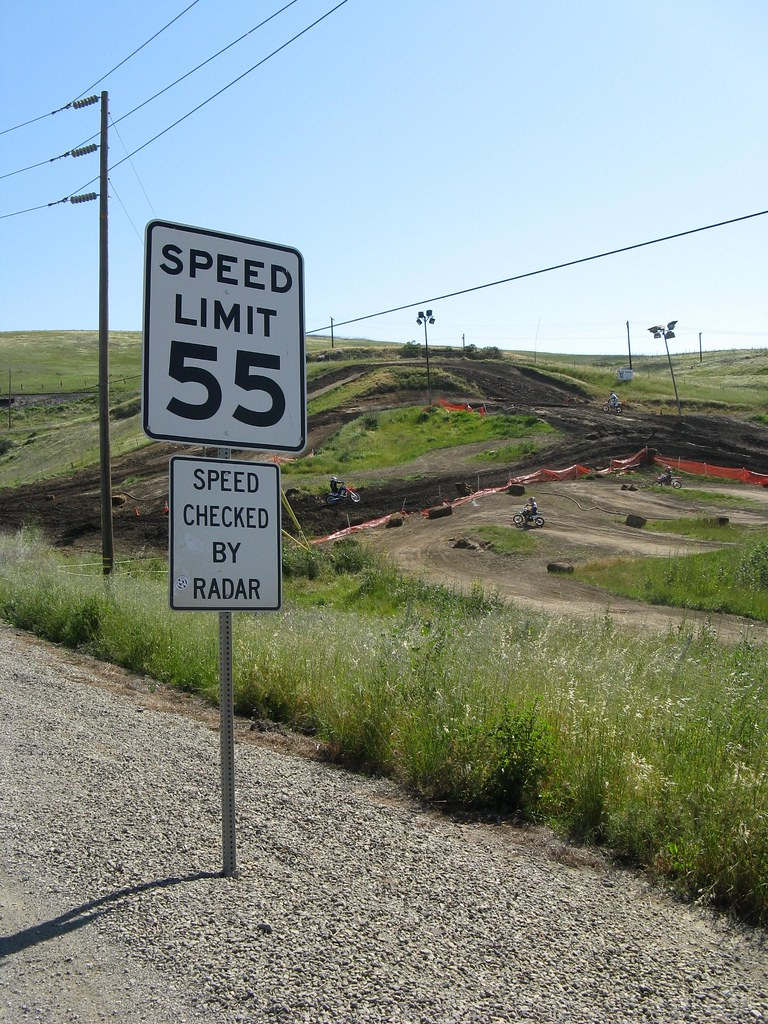
https://www.flickr.com/ 
https://twitter.com/ -
For many years, beer has played a significant role in civilisation. In fact, some people contend that alcohol is the reason civilization exists. Therefore, there is no doubt that people take it seriously today, just as they did in the past. So seriously that choosing to settle at Plymouth Rock was largely influenced by the fear of running out.
You must keep in mind that acquiring a drink of any kind was far more challenging in the past than it is today. A nutritious beverage was even more elusive than safe, clean water, which was not readily available at the kitchen sink. Having beer solved both of those issues. It was viewed by many as being similar to liquid bread. Even Puritans didn't object to beer, but they could have disapproved of wine. And if the beer ran out or went bad, the risk of famine or dehydration was very serious.
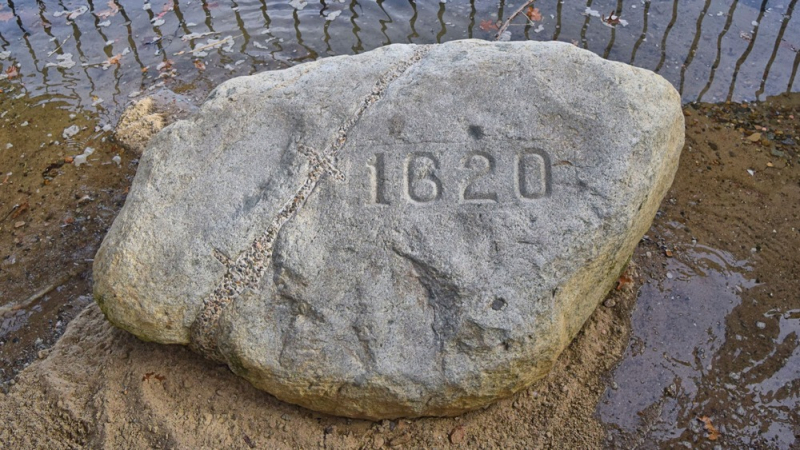
https://www.grunge.com/ 
https://www.adrenaline.com.au -
Twelve is represented by the word "dozen," which is derived from the Latin word "dozen," all of which signify 12. It is confusing that a baker's dozen, which refers to 13, also exists. There is always one more person in a baker's dozen for pure fear-based reasons.
This one dates back to medieval bakers. The cost of wheat was directly correlated with the cost of bread. Legally, a baker couldn't overcharge you by providing you a lesser loaf for the same price. They would be punished if they undercharged a customer.
Henry III reinstated the law, known as the Assize of Bread and Ale, in 1266. When a baker underweighed their bread, they may be penalized or even flogged, according to the law, known as the Assize of Bread and Ale, which was reinstated in 1266 by Henry III. As a result, bakers would include an additional loaf when selling loaves by the dozen to exclude the possibility of accidentally undercharging someone. A customer might receive one additional crust if they purchased a single loaf.

https://www.discogs.com/ 
https://fanlink.to/ -
We are aware of a small number of Nazi collaborators who secretly worked against them and did everything in their power to preserve Jewish lives during the Second World War. Eugene Lazowski, a Polish physician, was one of them. He took advantage of Nazi suspicions to save 8,000 locals, including Jews who had been concealed among them.
Lazowski was prohibited from treating Jews, but he nevertheless did so, and at the height of a typhus epidemic, a colleague made an amazing discovery. Patients who received an injection of a dead strain of the typhus virus would not get the illness, but they would still test positive for it.
The Nazis were frightened about the rise of typhus, which was killing thousands of people. Lazowski then devised a scheme. By spreading the deceased typhus strain to thousands of nearby villagers, he might simulate an epidemic. To give the entire operation credibility, they moved patients to nearby towns to corroborate blood tests while injecting people at a rate calculated to simulate a real typhus epidemic. As a result, the Nazis placed more than a dozen communities under quarantine, where they stayed until liberation.
Due to the large number of instances but no recorded fatalities, the entire scheme came dangerously close to unraveling at one point. In order to keep the investigating Gestapo intoxicated and well-fed so they wouldn't notice the inconsistencies, Lazowski partied with them.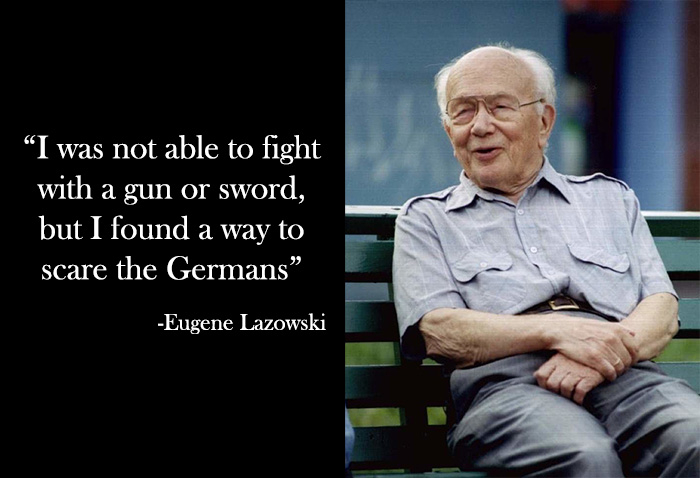
https://www.sunnyskyz.com/ 
https://www.cnn.com/ -
If you're religious, you could think that killing yourself is a sin that will send you to hell. Catholics hold this belief, and in the 18th century, the whole notion of suicide was very taboo because of this. However, that didn't imply that people weren't thinking about it as much as they could today. They only needed to come up with a workaround to avoid damnation. That manifested itself in murder.
If suicide was incorrect, the answer was to murder someone else, receive a death sentence, and be put to death after atoning for their crimes. Although another person had to die, your soul would still be pure. Suicide was just not an option because there was no time for atonement.
Frequently, the unfortunate victim might be the murderer's or suicide victim's child, or perhaps simply a random person. No one who had committed a crime worthy of execution, for sure. The time-honored Lutheran doctrine held that if a person repented of their crimes and confessed them right before dying, they had no chance of committing those sins again and could look forward to heaven. They therefore believed that taking an innocent life was the correct thing because they were afraid of making a mistake. No comment on whether God considered taking advantage of a doctrinal gap to be a sin or not.

http://southernorderspage.blogspot.com/ 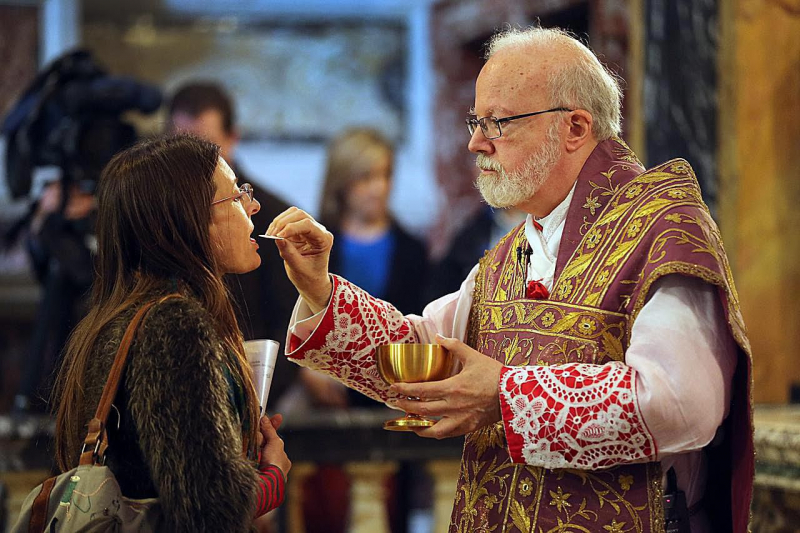
https://www.thoughtco.com/ -
None of us who were there on September 11, 2001, will ever forget that day. Unprecedented levels of anxiety were felt in America as a result of the attacks on the World Trade Center in New York. On American territory, planes had been turned into weapons, and for a very long time afterward, nobody knew what was secure. This had a significant impact on aviation travel and, consequently, car fatalities.
The airline industry was shut down for days because of fear of other terrorist attacks. Even after it was reopened, few people wanted to fly again. As a result, more Americans chose to fly than to drive. The result was a sharp increase in traffic fatalities and accidents. In fact, according to statistics, there were 1,600 more traffic fatalities the year after September 11 than there should have been, or, depending on the data sets utilized, around 242 more fatalities monthly.

https://www.thinglink.com/ 
https://www.masslive.com/ -
When using an elevator at a building in the past, you simply waited there while someone else handled the laborious task of punching buttons and opening doors. Any building with an elevator had elevator operators because, well, they had to be there. A large metal box suspended by a cable and capable of reaching great heights was known as an elevator. Of course, it needs to be operated by someone with ability, right?
New York elevator operators went on strike in 1945. The city was crippled by this, which cost $100 million. Numerous folks were unable to go to work, due to the fact that no one could operate an elevator. They had no idea better, thus they were hesitant to utilize one.
The elevator business had to begin educating the populace. They eventually succeeded in learning how to independently press a button. Because people were afraid to use an elevator alone, tens of thousands of elevator drivers lost jobs that they had never had before.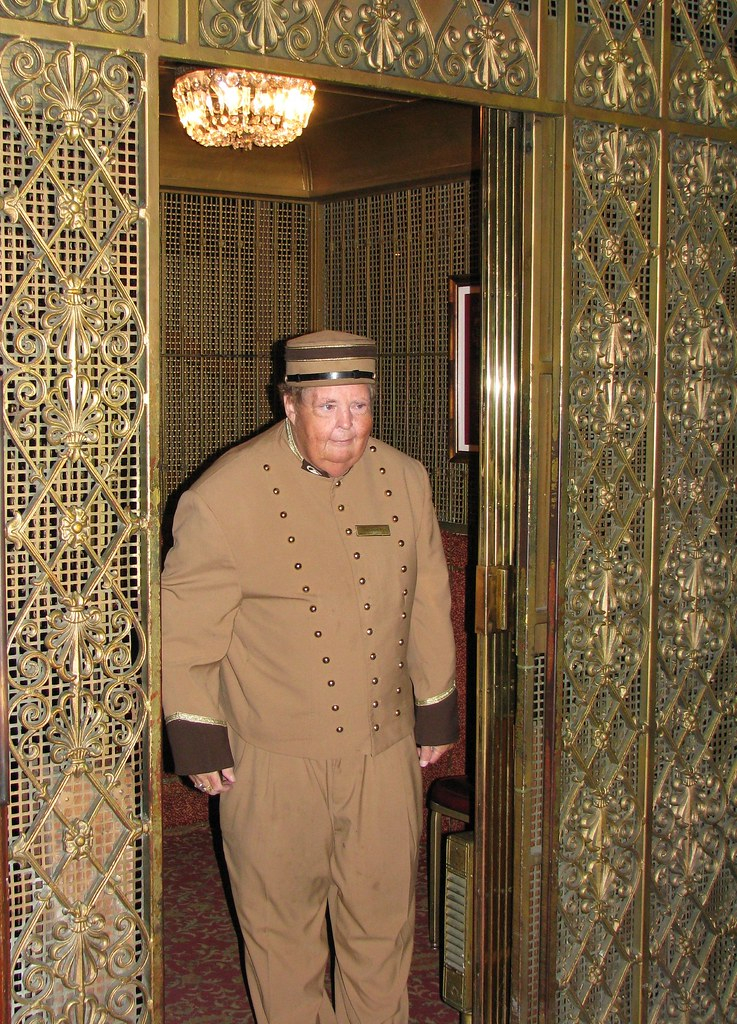
https://www.flickr.com/ 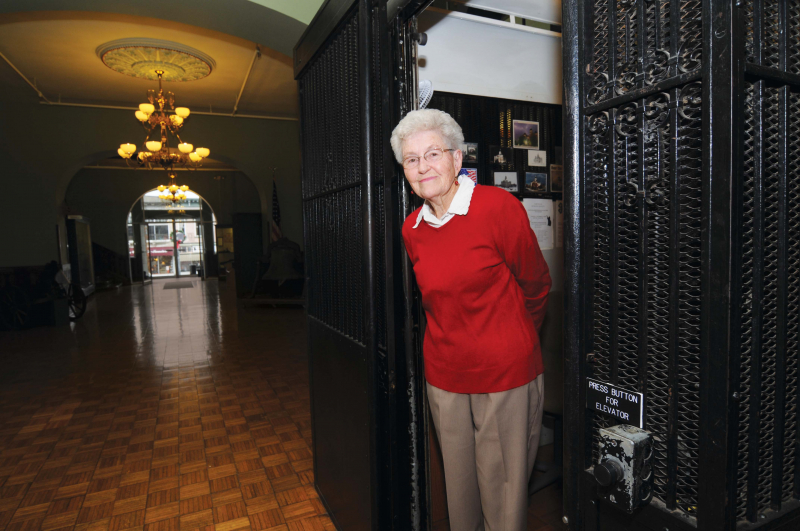
https://americanprofile.com/














